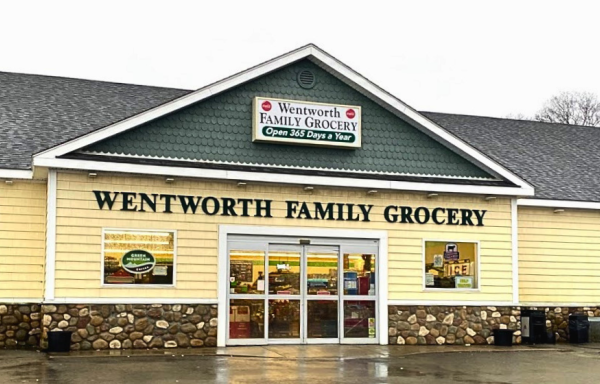For many, apples are a sweet addition to a balanced diet. For Eric Jorgensen, one of the founders of Finnriver Farm & Cidery, apples are a way of life.
Jorgensen and his partners started their small organic fruit and vegetable farm in Chimacum, Washington, on the state’s rural Olympic Peninsula in 2008 and began making hard apple cider two years later. This decision to explore cider making as a value-added way to expand their farm’s reach and reputation became a great source of revenue for the company and set them up for long-term success.
“We’re a very mission-oriented company and try to operate our business in a better, more sustainable way,” said the creative cidermaker. As such, solar power was high on their wish list. So when they heard about USDA Rural Development’s (RD) Rural Energy for America Program (REAP), they made some calls.
This investigation led to their RD Western Washington REAP representative, Carlotta Donisi, and Mia Devine from Spark Northwest, a non-profit that helps small businesses convert to solar by helping them apply for REAP grants. With this assistance, Finnriver received a $24,999 solar installation grant.
“I tell people all the time they should apply for a REAP grant. I’m a big fan,” Jorgensen said. “I’ve had other local businesspeople ask me, and I say, ‘You’ve gotta talk to Mia over at Spark.’ It’s a total no-brainer.”
Finnriver also applied for and received two Value-Added Producer Grants; one for planning and one for implementation of their innovative seasonal cider club.
The cidery has been so successful they’ve decided to expand their business. Jorgensen made sure the new branch would have everything it needed to succeed.
“We’re starting a second location down in Tumwater, Washington, this spring,” he explained. “And I’ve been in contact with the developer of that project like ‘Hey, you guys need to put solar on this building,’ and ‘Here’s Carlotta’s number – see if you’re eligible,’ then ‘Talk to Mia because here comes the deadline.’”
Jorgensen said he tells every business owner he meets about RD and its rural programs.
“It’s been fantastic for us, and I’m surprised more people don’t take advantage of it,” he said. “I’ve been pleasantly surprised at how much resource is available to help us in this rural area develop our business. It seems like a fantastic thing – how it’s supposed to work. The government is trying to encourage solar energy, so let’s encourage solar energy and make it more available to people.”
Taking advantage of USDA’s REAP program may not be as easy as apple pie, but Jorgensen can attest the benefits to his farm and cidery are worth the process.
“We would not have done these projects had we not had this financial assistance,” Jorgensen said.
Why not visit our programs and services page to see if there’s something to benefit your small business or community?
Photo of co-owners (Jorgensen on right) by James Curtis, copyright Finnriver Farm & Cidery

